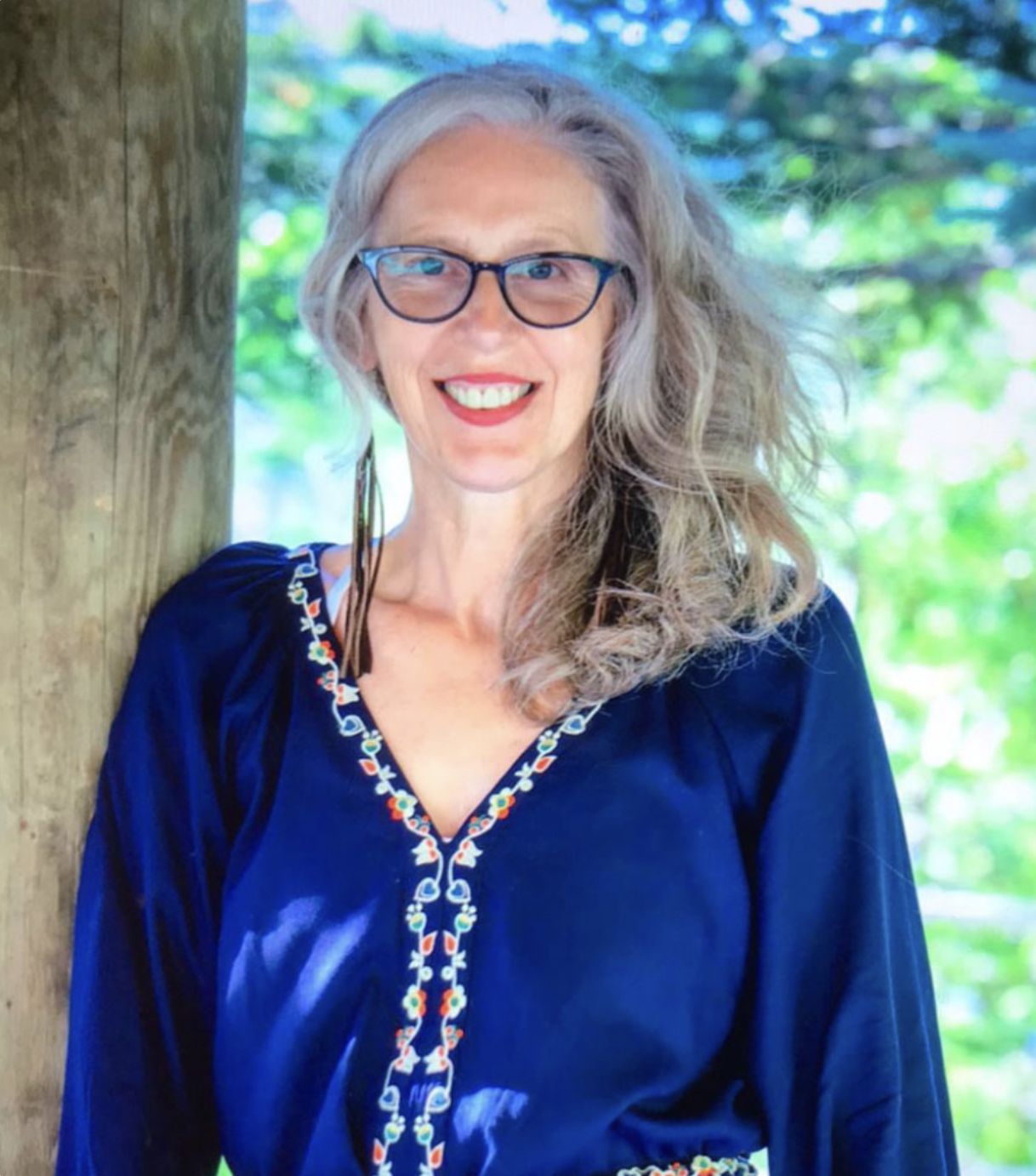By Nehaa Bimal
For Daphne March, ShaMaSha holds a lot of personal significance. It is a sacred word that not only honors her Indigenous culture as a Mi’kmaq woman, but honors her father as it was an Indigenous greeting he used often, in the spirit of love, safety, and human connection.
In a similar spirit, Daphne founded the four-star accommodation R&R House in George’s Brook, Central Newfoundland, and the ShaMaSha Centre, a healing and wellness retreat project.
“My ultimate dream was to open a ShaMaSha center, using the knowledge of my culture, of my experience. I want to use what I have learned from the Indigenous Entrepreneurship Program to create a holistic healing place where people go to feel safe. I hope to inspire others in my community through my leadership as a businesswoman,” she said.

Relearning Her Mi’kmaq Culture and Reconnecting with her Indigenous Roots
The ShaMaSha Center hosts gatherings or workshops that teach yoga, mindfulness, and nutrition, as well as healing retreats in the great Newfoundland outdoors and life coaching sessions with Daphne. All the programs offered as part of ShaMaSha highlight Indigenous practices, our connection to Mother Earth, and the importance of reconnecting with the land in Newfoundland and Labrador.
However, Daphne had to relearn and reconnect with her Indigenous culture. “It’s only now that I can sit in front of you and say I’m a Mi’kmaq woman,” she said. Daphne references a bit of Canadian history that contributed to her loss of cultural identity as a child.
“When I was growing up, we didn’t really talk about our culture. In 1949, when Newfoundland and Labrador joined Canada, the father of the confederation Joey Smallwood was asked by the government of Canada if there were any Indians in Newfoundland. He said, “No,” and my dad and ancestors were not allowed to practice their culture.”
However, her experience with addiction, as well as her travels abroad, made her realize the strength of Indigenous communities and healing practices.
Launching Her Business and Learning from Future EDge’s Indigenous Entrepreneurship Program
Daphne’s entrepreneurial side comes from being born into her family business, March’s Store in Gillams, Newfoundland, as well as her years as a barber and her past experience opening up a retail business.
She had $200,000 to invest into building up the ShaMaSha center and had promotional support from the Indigenous Tourism Association of Canada. However, the pandemic made her step back and rethink her business plan.
“Because the ShaMaSha center is attached to my dad and my culture, I was leading with my heart because I wanted to preserve my culture for the next generation. The one-piece I was missing was the backend of my business, the financial side. The Indigenous Entrepreneurship Program with Carleton University has empowered me by confirming that I do have a business that’s sustainable and financially viable,” she said.
She benefitted from her one-on-one meetings with Richard Tuck, the program’s director and a Métis entrepreneur himself.
“I learned how to pitch my business through one-liners and cut my pitch down to three minutes. Richard had amazing speakers every week that I learned a lot from. I needed to see that my business could be successful and that’s what the program has given me.”
As for her future plans, Daphne mentions her hopes to have a documentary filmed to showcase “the story of the Mi’kmaq people and how powerful our recovery is and how resilient we are.”